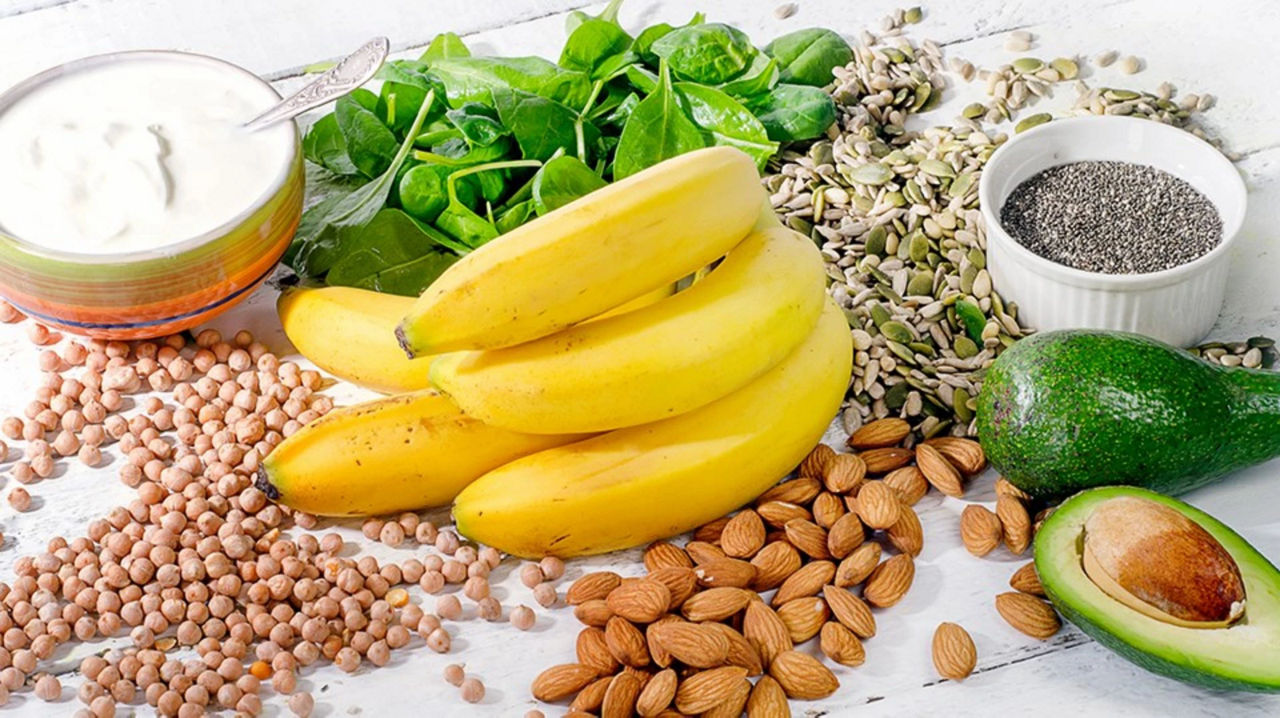HG can be a scary and overwhelming condition for a new parent-to-be. Seeing your partner go from her normal, healthy self to severely ill in a matter of days might leave you feeling lost and confused and, crucially, unsure how to help her.
First of all, be careful not to belittle the experience. Even though it’ll all be worth it in the end, the symptoms can be utterly torturous. Try to help as much as possible around the house and with any other children to enable her to rest as much as possible. Rest is key to managing symptoms.
One of the most important roles of a partner to a woman with this condition is as an advocate. Attend appointments with her and be sure the doctor understands just how ill she is. Use quantifiable measures if you can, for example, ‘She has drunk 200ml of fluid in 24 hours’ or ‘She has vomited 10 times this morning alone.’
Partners are welcome to call the Pregnancy Sickness Support helpline on 024 7638 2020 for information about HG, and there is a section specifically for partners in my book, Hyperemesis Gravidarum – The Definitive Guide.










